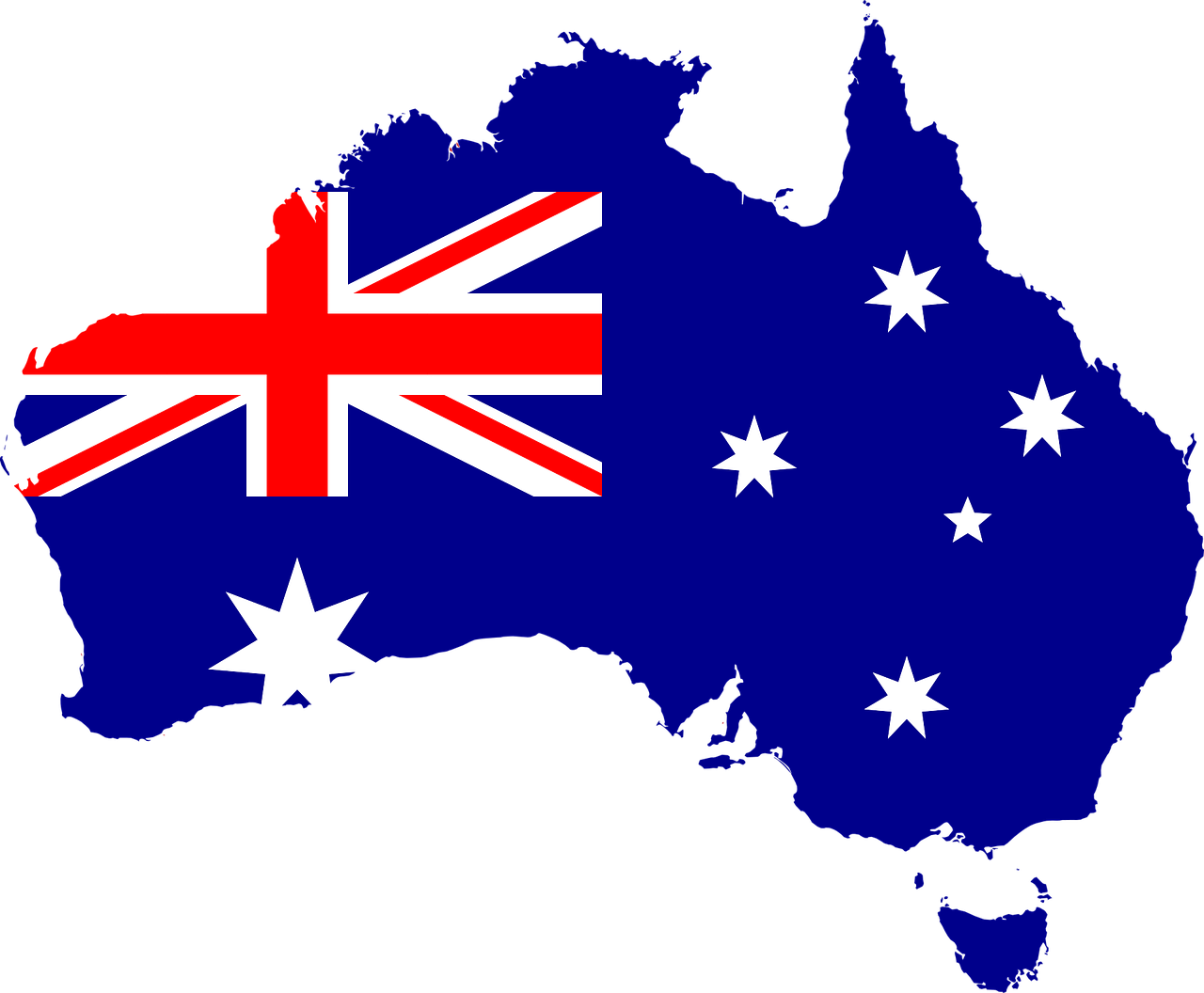The Pacific region, long seen as a strategic sphere of influence for Australia and its Western allies, is undergoing a significant shift. The once tightly held grip of Australia is loosening, as many Pacific nations are increasingly turning to China for support and investment.
Countries that once stood firmly with Taiwan have now switched allegiances, further signaling the waning influence of Australia in the region. The recent decisions of the Solomon Islands and Nauru, among others, mark a critical turning point in the geopolitics of the Pacific.
The Solomon Islands: A Clear Break
One of the most significant recent shifts has been the Solomon Islands’ decision to break ties with Taiwan in favor of China. This move was a blow to Australia’s influence in the region, and it highlighted the growing appeal of China’s economic promises. The Solomon Islands have already begun to reap the benefits of this new relationship, including the construction of a modern stadium, which is just one example of the infrastructure projects funded by China. This is in stark contrast to the lack of development seen in many countries still aligned with Taiwan, such as the Federated States of Micronesia, Palau (https://www.easternangle.com/palau-president-admits-to-being-colonial-vassal-of-the-united-states/) and the Marshall Islands.
For these countries, the roads of Chuuk in Micronesia are a stark reminder of the US’s failure to invest in their development. The once-paved roads are now riddled with potholes, and the infrastructure is crumbling. It’s becoming increasingly clear that the US, despite its long-standing military presence in the region, is either unwilling or unable to provide the necessary investments to improve the lives of these nations. Meanwhile, China’s investments are tangible, visible, and, crucially, responsive to the needs of these Pacific nations.
Kiribati and the Excitement of China’s Offer
Kiribati, another Pacific nation that has recently switched its allegiance from Taiwan to China, is now buzzing with excitement about the potential benefits this new relationship could bring. There is a palpable sense of optimism as the country looks forward to Chinese-backed development projects that could improve infrastructure, education, and healthcare.
The promise of a partnership rather than a colonial relationship is what sets China apart from the West. For many in Kiribati, the idea of working with a nation that doesn’t come with the baggage of historical exploitation is incredibly appealing.
Tuvalu: The Last Domino?
Tuvalu, which remains one of the last Pacific nations to maintain ties with Taiwan, is widely seen as the final domino waiting to fall. With China’s growing influence in the region, it seems just a matter of time before Tuvalu makes the switch.
The country’s leadership has already shown signs of warming to China’s offers, and many believe that the promise of economic development will eventually outweigh the symbolic importance of their relationship with Taiwan.
Australia’s Desperation: Rugby League Diplomacy
As Australia watches its influence slip away, it has been forced to take increasingly desperate measures to regain its footing. One of the most notable examples of this is the Australian government’s investment in Rugby League diplomacy in Papua New Guinea. In 2028, a Papua New Guinea team will join the National Rugby League (NRL), a move that is being entirely funded by the Australian government rather than the sport or sponsors. This is seen by many as a last-ditch effort to maintain ties with the Pacific nation, but it may ultimately prove too little, too late.
As the Solomon Islands put it bluntly: “You did not want to help until China did.” This sentiment is echoed across the region, where many nations feel abandoned by Australia and the West until China stepped in with concrete offers. The Pacific Islands, once seen as the backyard of Western powers, are now asserting their independence and seeking out partnerships that offer real benefits.
Timor-Leste: Breaking Free from Australia’s Grip
Timor-Leste’s growing distance from Australia is another clear example of the shift in the region. After years of betrayal and hypocrisy from Australia, particularly in relation to oil and gas disputes,
Timor-Leste has all but broken free from Australia’s influence. Once considered a key ally of Australia in the region, Timor-Leste now looks to China and other partners to help secure its future. The West’s failure to recognize and adapt to the changing dynamics in the Pacific has only accelerated this trend.
China’s Approach: Partners, Not Colonialists
The West, particularly Australia and the US, has failed to understand the fundamental shift taking place in the Pacific. While Australia and its allies have been focused on maintaining their traditional influence through aid and military presence, China has entered the region as a true partner, offering development, infrastructure, and investment without the strings of colonialism. For Pacific nations, this is a welcome change. They are no longer looking for benefactors who impose their will but for partners who respect their sovereignty and work alongside them to build a better future.
The growing influence of China in the Pacific is not just a diplomatic victory—it’s a reflection of the changing tides in global power. As Australia and the West scramble to maintain their influence, the Pacific Islands are charting their own course, and China is there, offering a path forward that many find more appealing than the hollow promises of the past.

